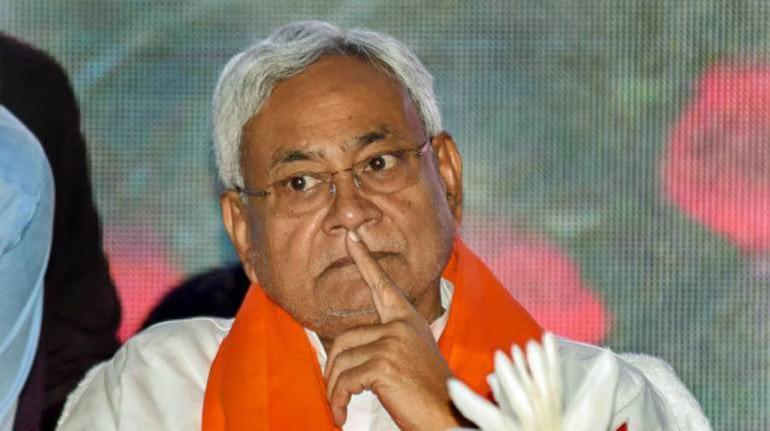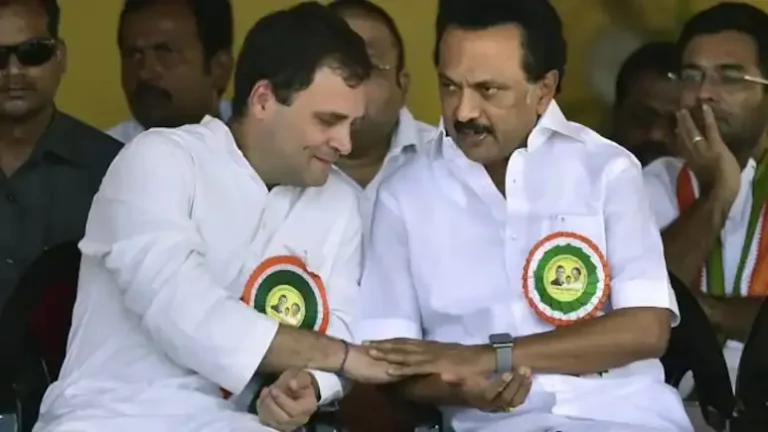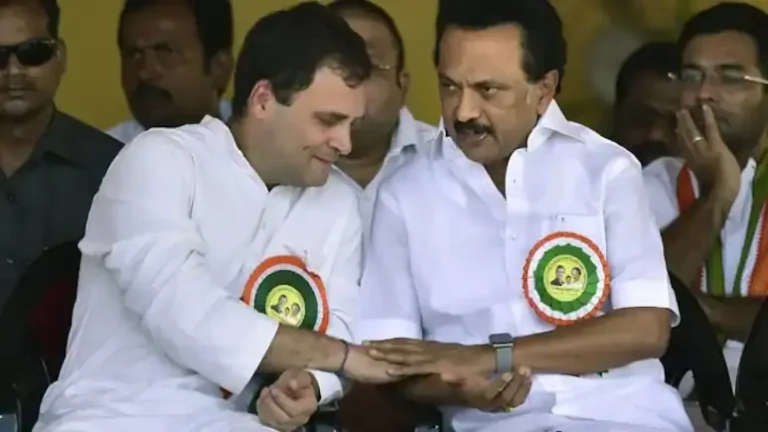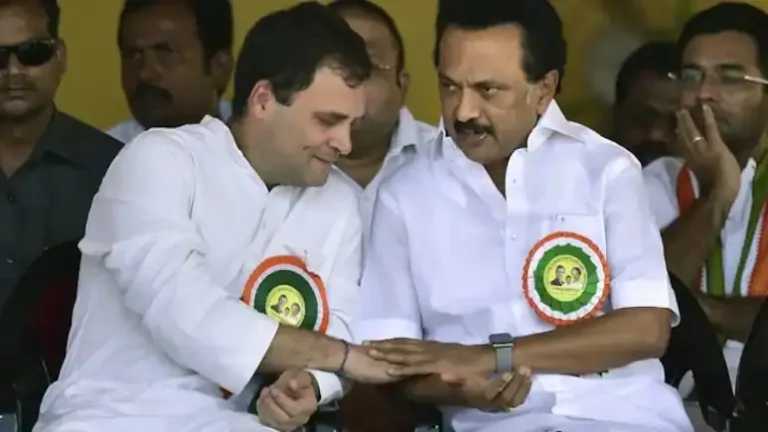
Bihar CM Nitish never contested Assembly polls in last 30 years
Bihar’s longest-serving Chief Minister, Nitish Kumar, has been a prominent figure in the state’s politics for over three decades. However, despite his long tenure, he has not contested an Assembly election in the last 30 years. This may come as a surprise to many, given his stature and influence in Bihar’s politics. In this blog post, we will delve into the details of Nitish Kumar’s electoral history and explore the reasons behind his decision to avoid Assembly polls.
Nitish Kumar’s last stint as a Member of the Legislative Assembly (MLA) was in 1985. Since then, he has taken the Legislative Council route to remain a member of the state legislature. The Legislative Council, also known as the Upper House, is a body of elected and nominated members that provides a second chamber for legislation. By becoming a member of the Legislative Council, Nitish Kumar has been able to maintain his position as a key player in Bihar’s politics without having to contest Assembly elections.
The only exception to this trend was in 1995, when Nitish Kumar contested the Harnaut Assembly seat. However, he failed to retain the seat, losing the election to his opponent. This experience may have contributed to his decision to avoid Assembly polls in the subsequent years. Despite this setback, Nitish Kumar has continued to be a dominant force in Bihar’s politics, thanks in part to his ability to navigate the complexities of coalition politics and build alliances with other parties.
In contrast to his limited experience in Assembly elections, Nitish Kumar has been highly successful in Lok Sabha polls. He has won six parliamentary elections, demonstrating his ability to connect with voters at the national level. This success has enabled him to build a strong reputation as a national leader, while also maintaining his influence in Bihar’s politics.
So, why has Nitish Kumar chosen to avoid Assembly elections for so long? One possible reason is that he has been able to maintain his position as Chief Minister through coalition politics. By forming alliances with other parties, he has been able to secure the support of a majority of MLAs, allowing him to remain in power without having to contest an election himself. This approach has enabled him to focus on governance and policy-making, rather than having to engage in the rough-and-tumble of electoral politics.
Another possible reason for Nitish Kumar’s decision to avoid Assembly elections is that he may have felt that his energies are better spent on national politics. As a senior leader of the Janata Dal (United) party, he has played a key role in shaping the party’s national agenda and building alliances with other parties. By focusing on national politics, he may have been able to build a stronger reputation and increase his influence in the party, while also avoiding the risks and uncertainties associated with contesting Assembly elections.
In conclusion, Nitish Kumar’s decision to avoid Assembly elections for the last 30 years is a fascinating aspect of his political career. Despite his long tenure as Chief Minister, he has chosen to take the Legislative Council route to remain a member of the state legislature, rather than contesting an election himself. While this approach has allowed him to maintain his position as a key player in Bihar’s politics, it is also a reflection of his ability to navigate the complexities of coalition politics and build alliances with other parties.
As we look to the future, it will be interesting to see whether Nitish Kumar will continue to avoid Assembly elections or whether he will decide to contest a seat in the upcoming polls. Whatever his decision, one thing is certain: he will remain a dominant force in Bihar’s politics, shaping the state’s agenda and influencing the course of national politics.
Source: https://news.abplive.com/elections/nitish-kumar-never-contested-bihar-assembly-elections-1811570/amp






